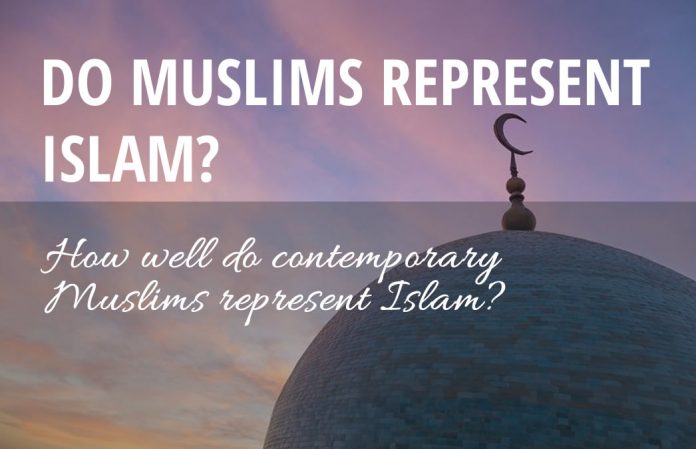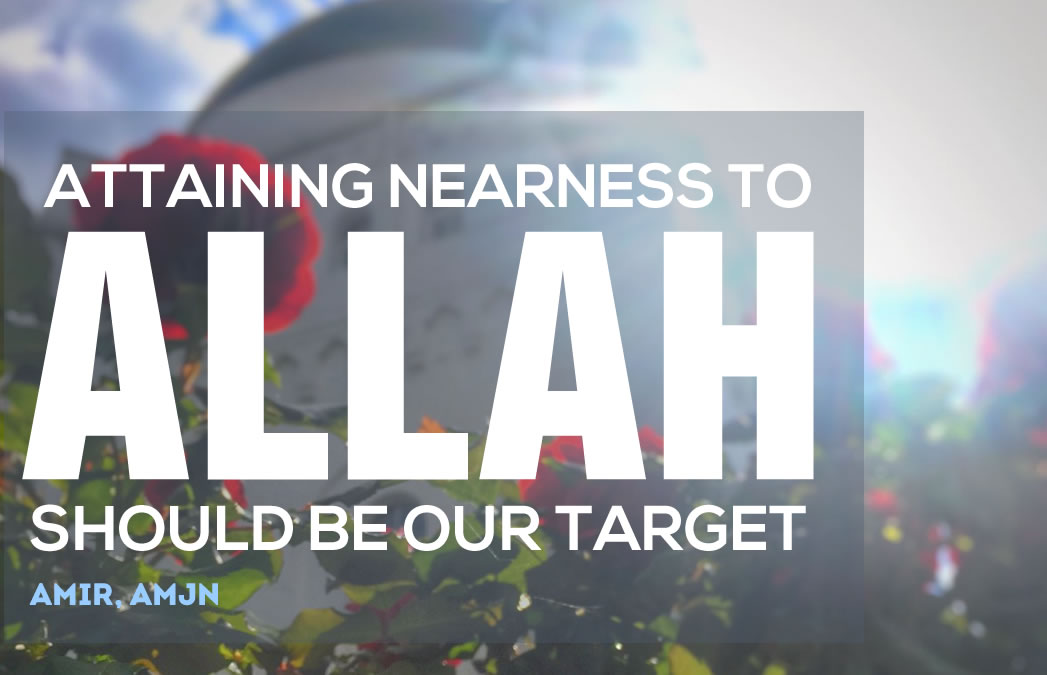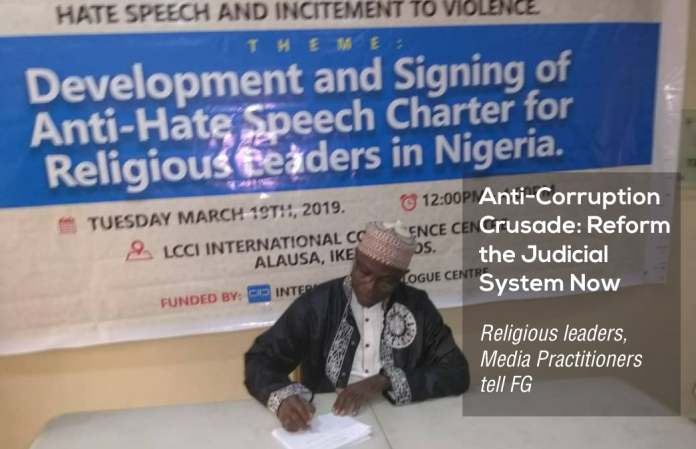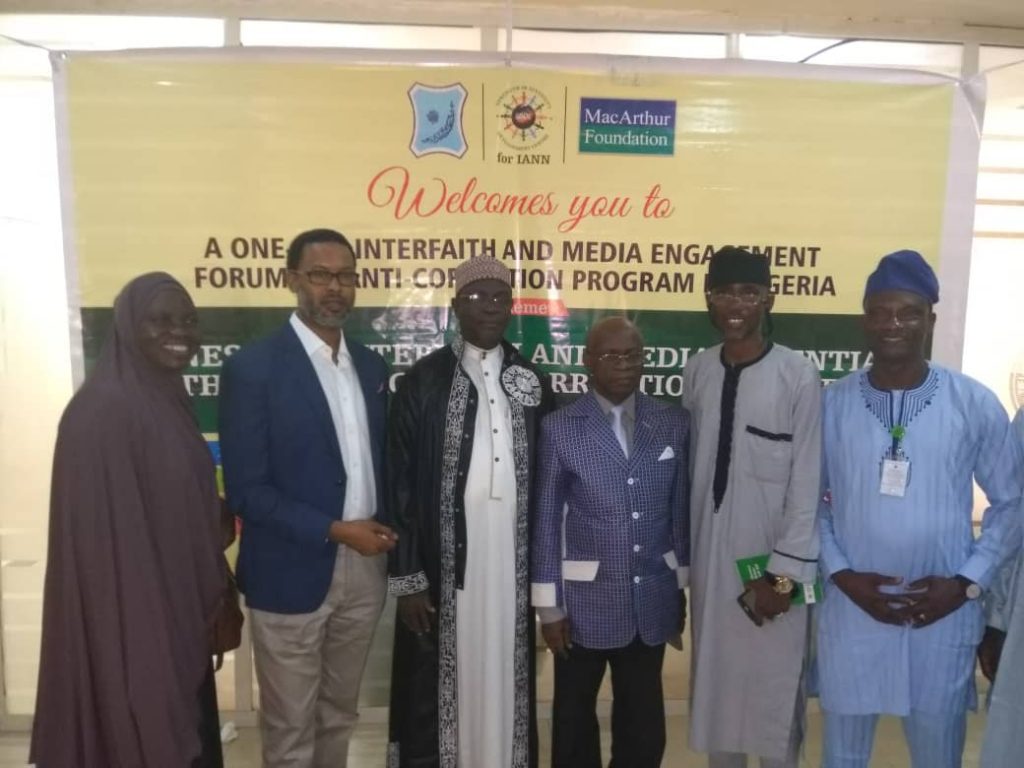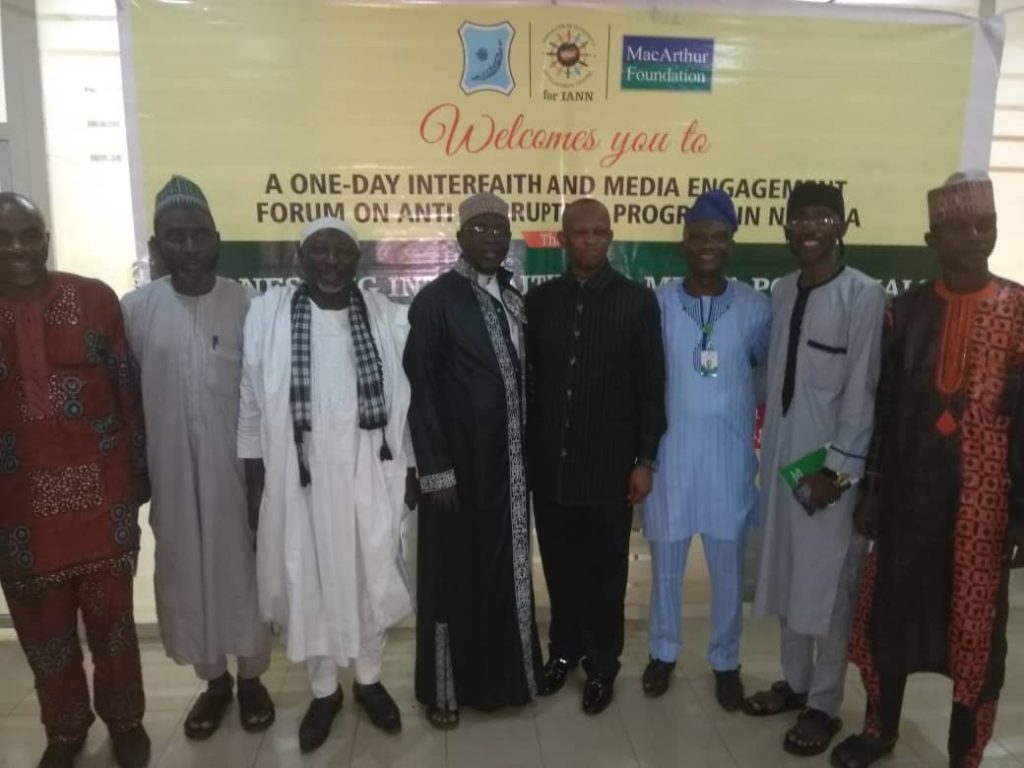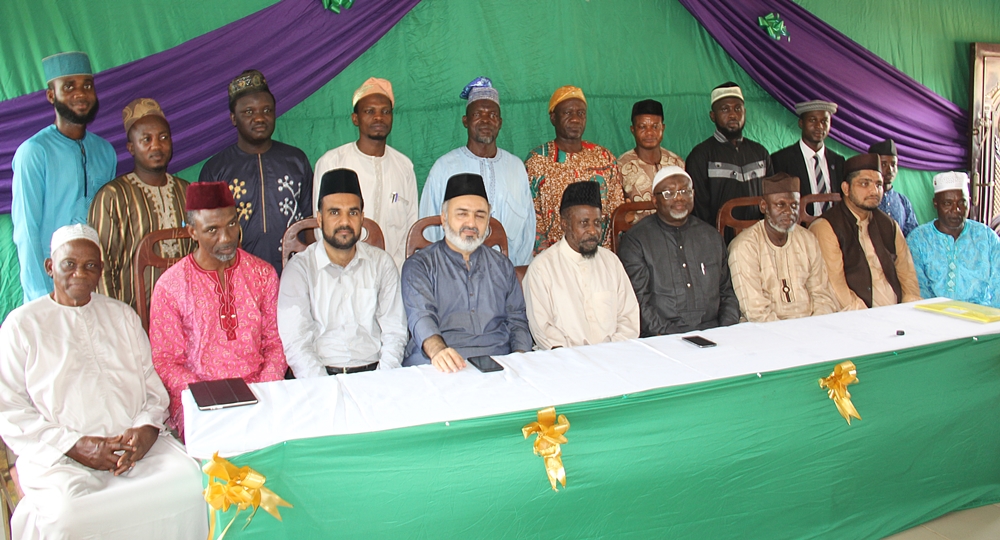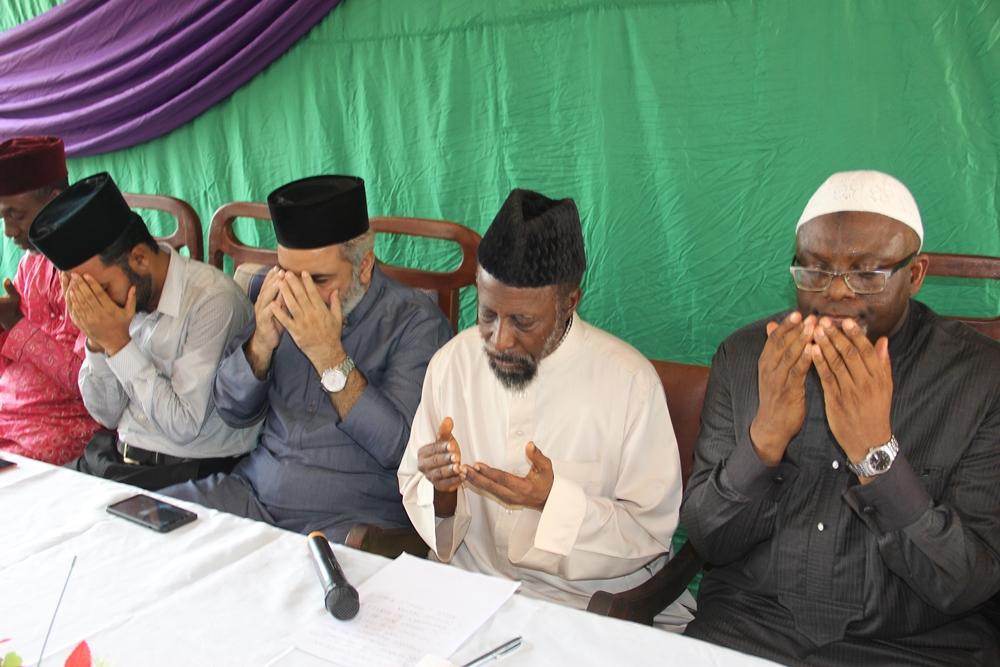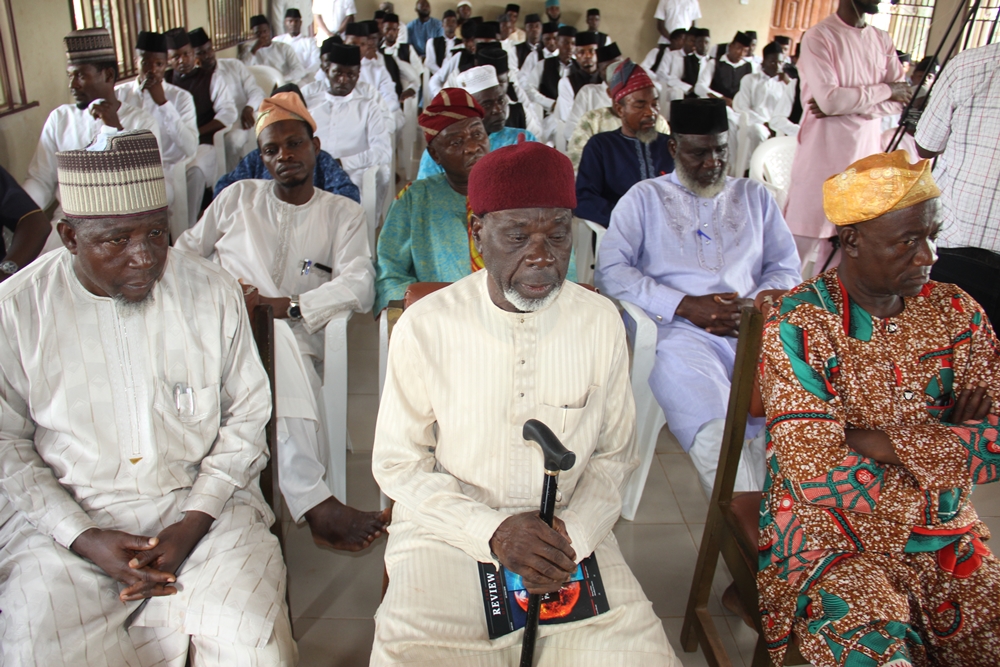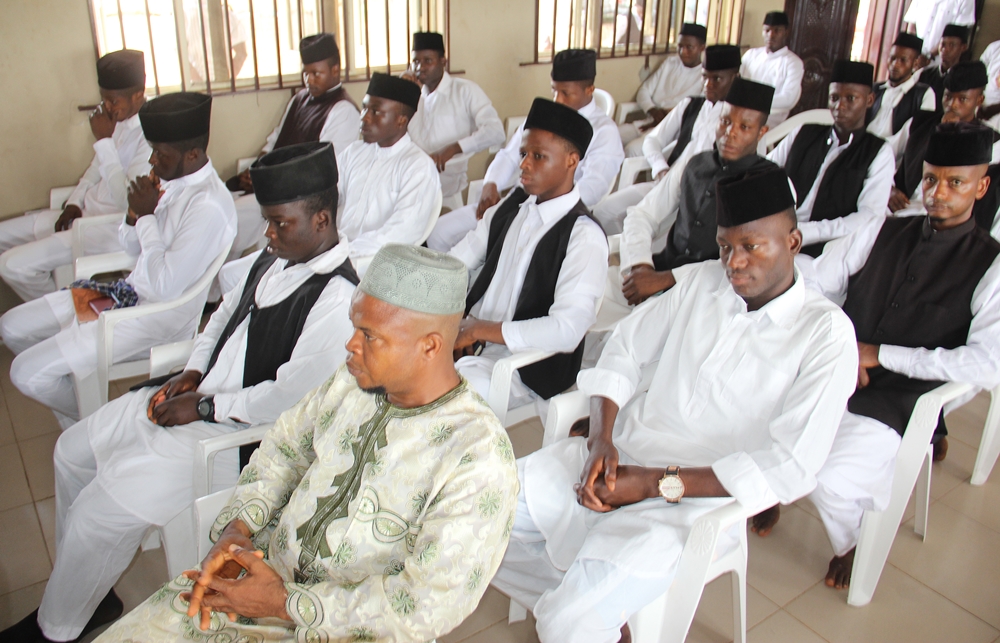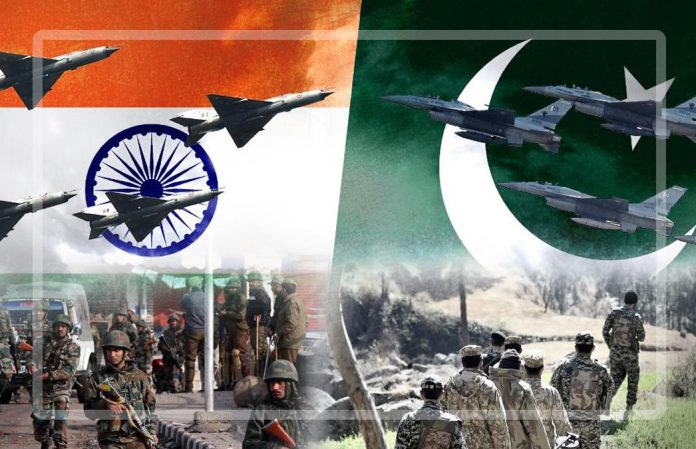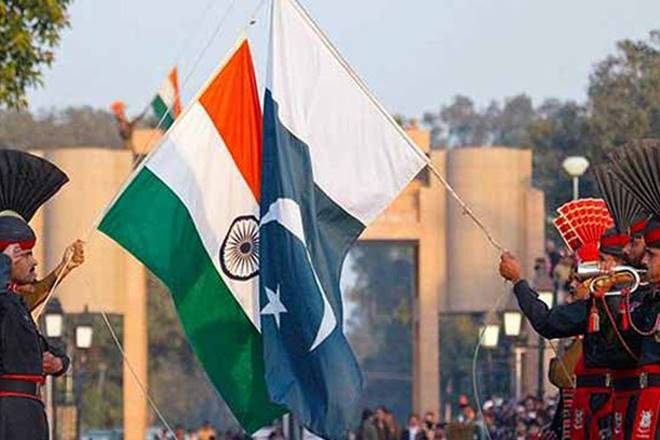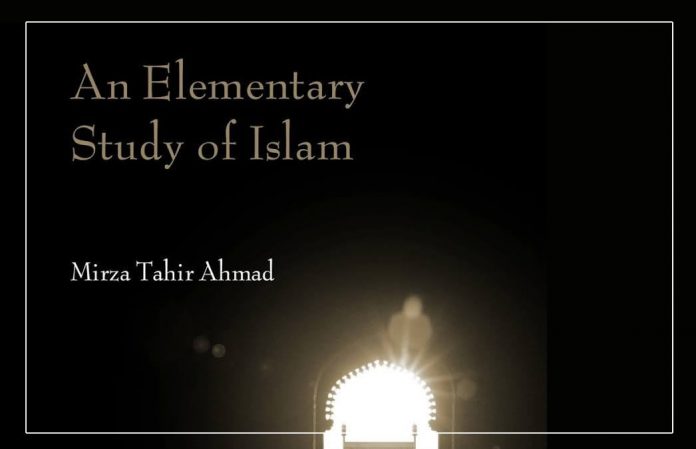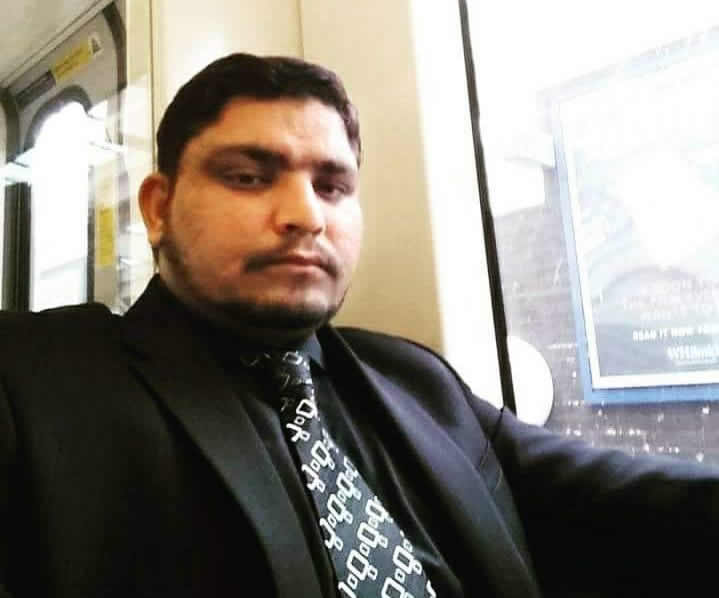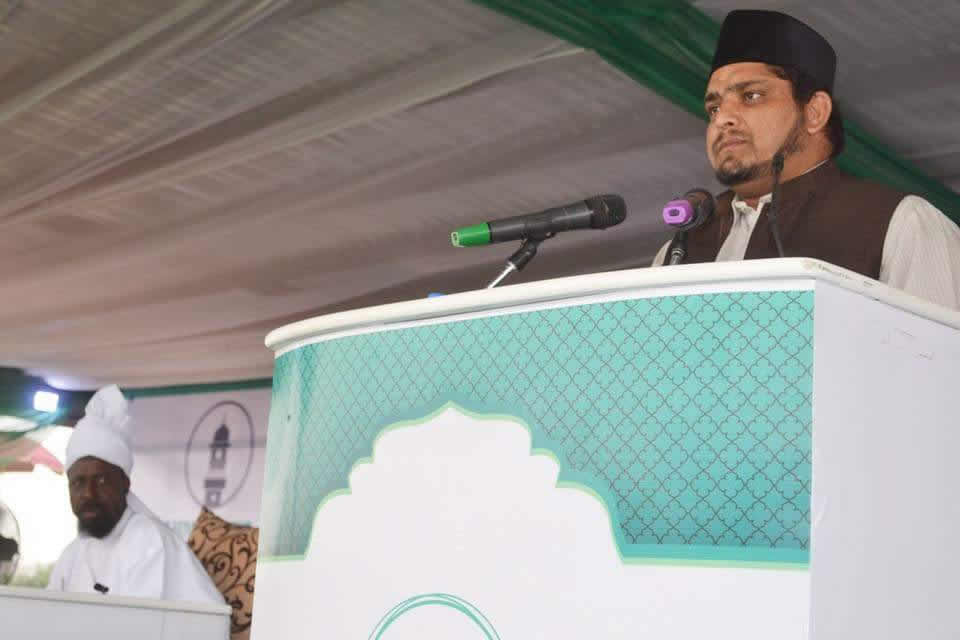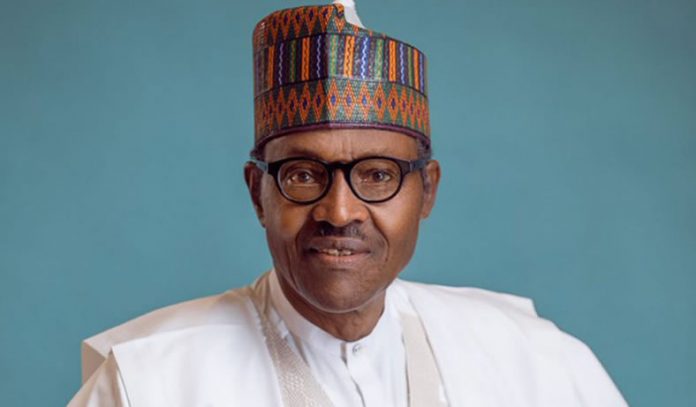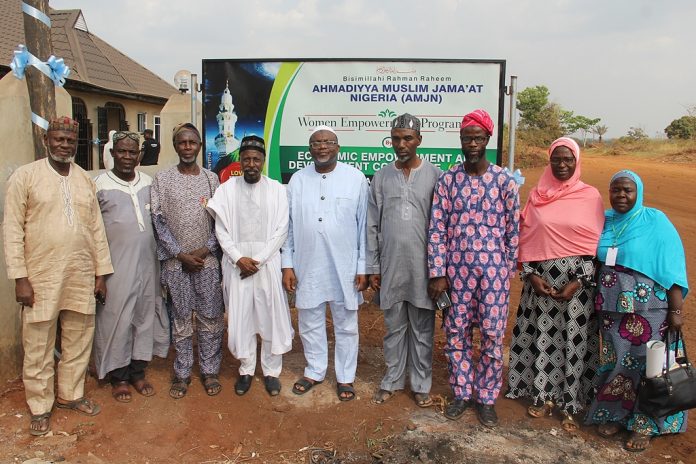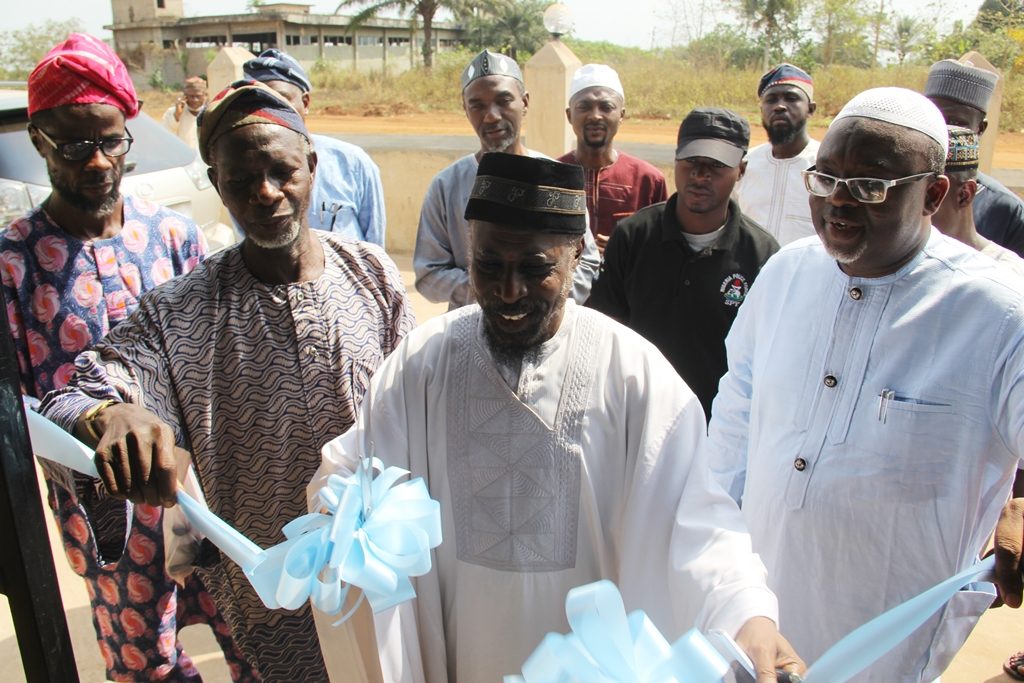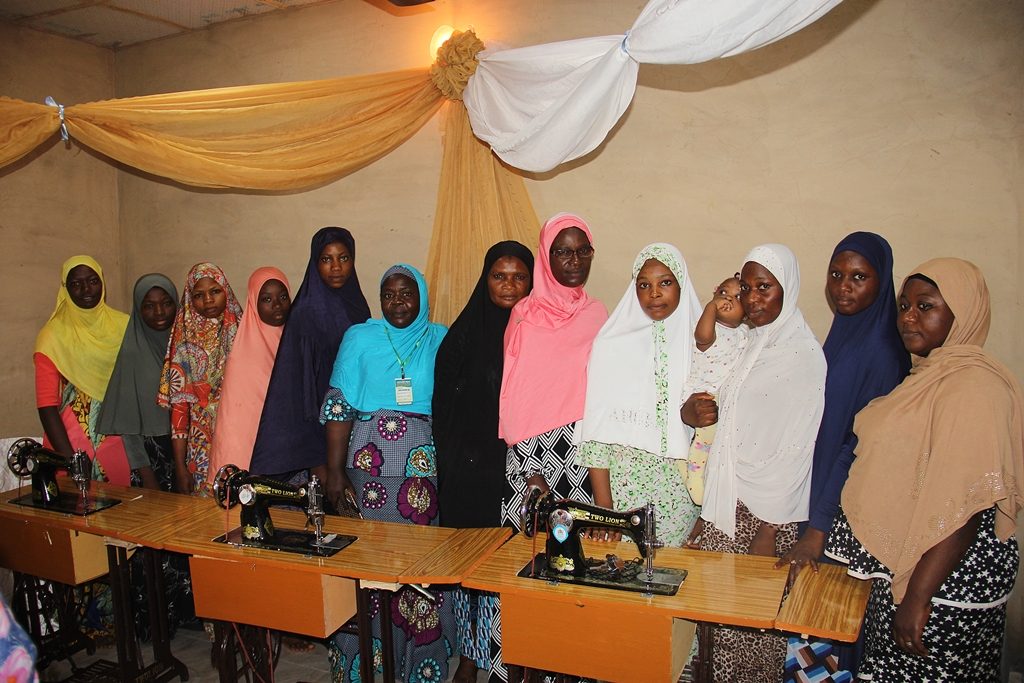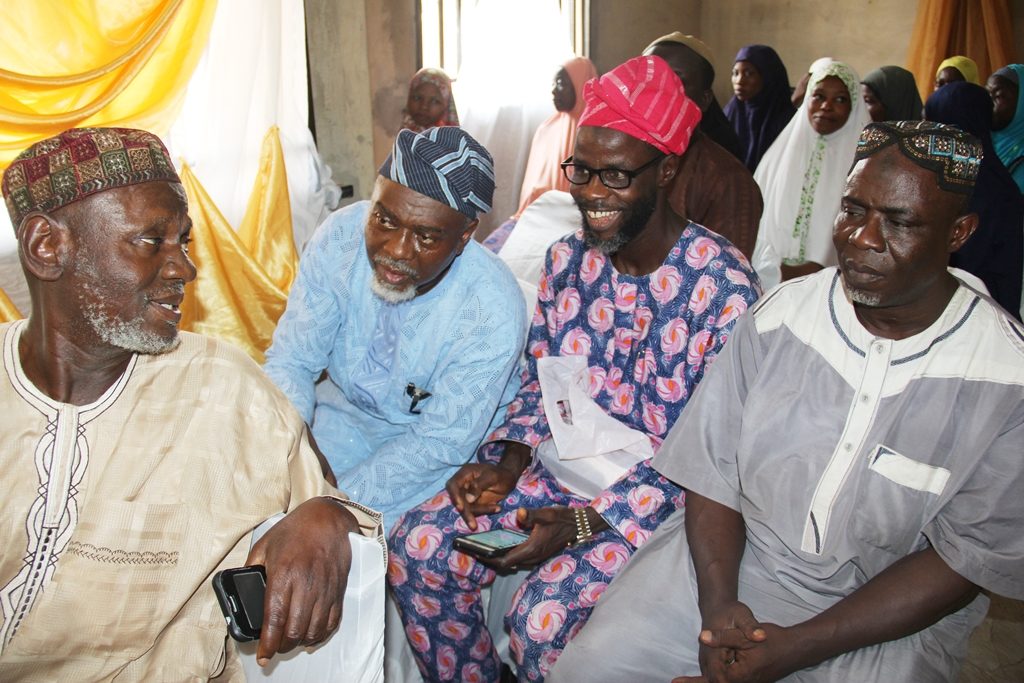There are so many religions in the world, of which one of the major ones is Islam. The religion of Islam preaches monotheism, which translates to the belief in the existence of one God, called Allah in Arabic. Followers of this religion are called Muslims. The Holy Book of the Muslims is called the Quran, which was revealed to the Prophet (SAW), through the angel Jubril. At different times, prophets were sent to people, communities, tribes, and nations alike, but the Prophet Muhammad (SAW) was sent to all of mankind.
The first step to building a house is to have a strong foundation. Time and detail are put into ensuring the foundation is firm, strong, and solid. This way, such a house can withstand any element. The religion of Islam is no different. There are five pillars which uphold the religion of Islam. They are called the five pillars of Islam. They are Tawheed, Salat, Zakat, Sawm, and Hajj. They mean the testimony of Faith, Prayer, Mandatory Alm, Fasting, and Pilgrimage to the Holy Land of Makkah.
Similarly, Islam is constructed upon six fundamentals of the faith. They are: belief in Allah, the Angels, the Revealed Scriptures, the Divine Messengers, the Day of Judgement (Quran, 4:137) and Destiny (Sahih Bukhari).
An adherent of Islam is expected to not only profess the articles of faith and observe the five pillars of Islam, but also follow in the footsteps of the Prophet (saw). As Aisha (may Allah be pleased with her) described the Prophet (saw), he was like a walking Quran. That means that he followed the tenets of Allah.
Long before Muhammad (saw) was appointed the prophet of Allah, he had always been of good conduct and spoke the truth. That was why he was called al-Amin, the trustworthy. Many people of Arabia would keep their trust with him and they would get it the same way he as given. Most times, he was called upon to settle disputes because he is known to be fair. As the prophet of Allah, he was kind, caring, accommodating, and was generous with wealth and knowledge. As the leader of Muslims, he showed exemplary bravery and support for his followers. He was kind where he should have been, strong in situations that called for it, and silent when he disliked or shunned an act. In summary, he was a diplomatic leader.
Also, even though he was the prophet of Allah, that did not stop him from doing the major acts of worship like praying, giving zakat, fasting, and even going for pilgrimage from Madinah.
An important question we need to ask ourselves is this, how did the Holy Prophet (saw) relate with his companions and neighbours? The Holy Prophet (saw) was kind and caring to all and sundry. To the disbelievers especially did show kindness. It is related that a woman used to pour dirt and sharp objects at the door step of The Holy Prophet (saw). The Holy Prophet (saw) never shouted at the woman or rebuked her in any way. He would pack such garbage and proceed to the mosque. It happened that the woman became ill and could not do her usual rounds of pouring dirt at the entrance of his house. He inquired about the woman and was told that she was ill. He asked for her house and went to visit her. He spoke kind words to her and offered her his assistance. She was ashamed of her actions at once. Deeply affected by the kindness of the prophet, she was convinced of the teachings of Islam as shown by the Holy Prophet (saw) and that made her accept Islam.
There is another narrative of an old lady who heard of the words of The Holy Prophet (saw) when he began to spread Islam but has never seen him. She had on a heavy load, and while passing, The Holy Prophet (saw) offered to help her. He offered her a good company and accompanied her to her home. On getting there, she was touched by his actions as it was rare in Makkah at the time, and decided to thank him by passing him a good word, she so thought. She told him to beware of Muhammed who was going about telling people not to worship the gods of the land, but worship Allah alone. She said he incited children against parents, and slaves against masters. She told hm not to heed his words. When he was about to leave, she asked for his name and he told her that he was the Muhammad she had heard of. She was surprised, but recalled his kindness. She thought, if this is what his religion preaches, then she must be a follower. She accepted Islam on the spot. With these narratives, it is clear that The Holy Prophet (saw) spread Islam not only through his words, but also through his good conduct and behaviour.
The Prophet Muhammad (saw) was both the spiritual and political leader of Muslims. Although he was the political head, he was never autocratic. In the Battle of Khandaq (the Ditch), Muslims were outnumbered by the coalition of the enemies. When the former was to be attacked by the latter, the Holy Prophet (saw) called together his companions and sought for their opinions. Suggestions were given as to what to do. Salman Al-Farisi, a companion of the Holy Prophet (saw) suggested that a ditch be dug wide enough such that the enemy would not be able to build a passage across it. Unprepared for the ditch they met, the coalitions of the Arab armies camped and plotted ways to cross. There was a one-on-one battle between the coalition and the Muslims. The enemy was represented by Amr, a renowned warrior, and the Muslim by Ali. The Muslims were victorious. The weather conditions were also not in favour of the enemy. With a decline in the provision and obvious stress, they returned to their homes. This battle was a battle of wits.
In times of pain and anger, humans are prone to react violently. In the case of the Holy Prophet (saw), that is not so. Related to us is an incident which happened at Taif when the Prophet (saw) went to preach Islam. When he began preaching, the people of Taif pelted him with stones and garbage. He was deeply bruised and in pains. The angel Jubril visited and asked if he should crush with mountains, for it was placed between two mountains. The Prophet (saw) replied in the negative, saying that there were people who would still revert to Islam among them. That is an example of love shown to others, even when they are not known to us. A tradition of the Prophet (saw) is related that “No one of you truly believes until he loves for his brother that which he loves for himself”. (Sahih Bukhari) The care for fellow Muslims is so important that Allah says in the Quran that “And worship Allah and associate naught with Him, and Show kindness to parents, and to kindred, and orphans, and the needy, and to the neighbour that is a kinsman and the neighbour that is a stranger, and the companion by your side, and the wayfarer, and those whom your right hands possess. Surely, Allah loves not the proud and the boastful. Quran 4 vs 37.xamples from the life of the Prophet show that one should be compassionate and forgiving. It teaches men to help one another, and to overlook the others short comings. Can the life of Muslims of this age be likened to that? How much do the contemporary Muslims represent the noble teachings of Islam and the exemplary character of the Holy Prophet (saw)?
Muslims are supposed to be the champions of peace in the world. Alas, they find themselves locked in a state of war. From Syria to Libya and Egypt etc., Muslim countries are facing internal crises. These countries have allowed themselves to be used by the Western countries, which benefit financially from these crises.
All over the world, there are terrorist organizations springing up, and claiming roots in Islam. There are different terrorist groups, of which the most notorious ones are ISIS, Boko Haram, and Al-Shabab. Their claim is to fight against all things western, both civilization and doctrines. They claim that they were ordained by Allah to kill. However, Allah says in the Quran 2 vs 191 that “And fight in the cause of Allah against those who fight against you, but do not transgress. Surely, Allah loves not the transgressors.”. This verse clearly explains that when Muslims are pushed to war, they are allowed to defend themselves within the boundary set by Islam. These boundaries are that the aged, women and children should not be killed, and farm lands destroyed. It shows that even during the time of war, the safety of individuals is paramount, and Muslims should only fight those who wage war on them.
With the political, social, and economic terrain of the world of today, more pressure is put on Muslims to portray the teachings. The role of Muslims in the society should be such that they should be the pioneers of peace and not the creators of violence. Even the greetings of the Muslims is one of peace: As salam alaykum wa rahmatullah wa Baraktu, which translates to “may the peace and blessing of Allah be upon you”.
A candid advice for Muslims would be to emulate the attributes of the Prophet (saw). They are enjoined to be accommodating, supportive, generous, kind, and caring for other humans like they would care for themselves. They are enjoined to represent Islam and its Noble Prophet (saw) well. To walk this talk, the very first step would be to start from care of the neighbours, as they are trust on us.



